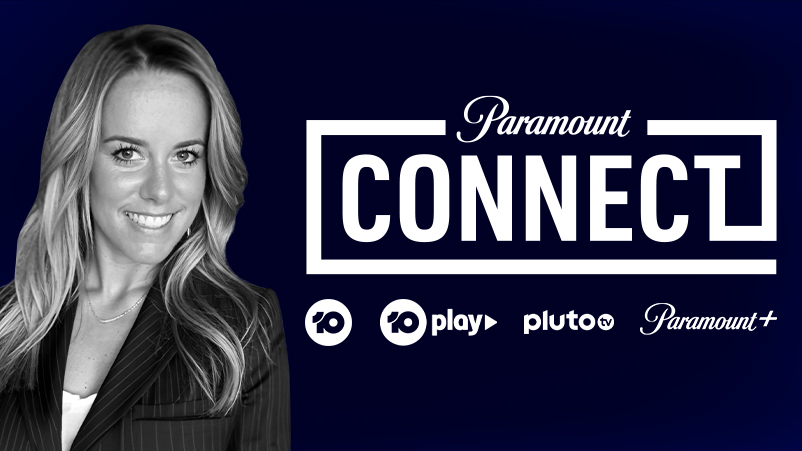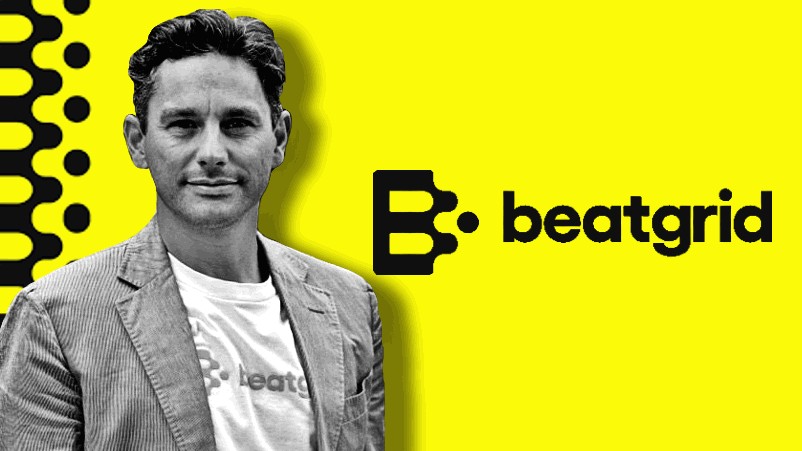The CMO is back; people more analogue than we thought but moving fast

Will Easton: "If the CFO helped companies through the GFC, then the CMO has been the leading voice helping companies navigate, revive and survive through the tumultuous last 12 months."
Covid, says Facebook MD Will Easton, made him realise society was more offline and physical than he expected. But the gap between the two opposing forces are now closing faster. And CMOs are back.
We had less time to overthink messages both to staff and to stakeholders, and the result was more authenticity and less BS.
Working at Facebook, it can be tempting to see the world through a digital lens, but when Covid-19 hit, we were reminded how much of our lives were still resolutely analogue. Lockdown and social isolation meant we upweighted our reliance on digital platforms to shop, to learn, to offer support, and to simply stay connected to loved ones.
In many cases digital was not just the primary means of remaining connected, but the only means. As Australia navigates our path out of the pandemic we will undoubtedly see a return to physical activities—some things are best enjoyed in person. However during Covid-19 we have learnt a lot about how to get the most out of digital offerings and experiences, and four insights have really stood out to me.
The re-emergence of the CMO
While there has been plenty of discussion about the impact of the CMO at the board table in recent years, there is no question that Covid has fundamentally changed that dynamic. If the CFO helped companies through the GFC, then the CMO has been the leading voice helping companies navigate, revive and survive through the tumultuous last 12 months.
The CMO’s core responsibilities have become each company’s superpower during Covid—whether that’s helping companies shift their business online, evaluating supply chains, embracing purpose-driven marketing, or championing diversity and inclusion within the workplace.
The power that the CMO wields in bringing the many worlds within an organisation together has never been more apparent or more valued, and world class CEOs are increasingly recognising the CMO’s potential to transform the growth of their organisation.
Complacency is uncomfortable
Prior to the pandemic, Telstra research showed only half of Australian small businesses had a website, let alone ecommerce capabilities. One of the biggest responsibilities for Facebook over the last year was to help businesses adapt to the evolving situation and build resilience in an environment which was constantly evolving. Bricks-and-mortar shops had to create digital storefronts, gyms live-streamed workouts, restaurants became food delivery services, and almost everyone had to find new ways to reach customers who were locked down at home.
But when it’s a question of doors staying open or closing forever—it’s been amazing to see how quickly companies have been able to evolve, survive, and thrive. A recent McKinsey study said that “nearly half of all execs surveyed at successful companies were the first to market with innovations during the crisis or the first in their industries to experiment with new digital technologies”. Businesses that previously invested in technology as a cost-saving measure are now doing it for competitive advantage.
This is true for businesses of all sizes. Céramiques, a pottery studio based in Melbourne, experienced some of the strictest lockdowns in the country. They launched pottery lessons on Instagram’s IGTV, and delivered ClayKits for people to do their own pottery at home. To deal with the restrictions on people’s movement, they were able to effectively target customers within 5km of the studios, so they didn’t waste valuable dollars reaching people who were physically unable to visit the studio.
Why 500,000 people joined The Kindness Pandemic
The past year underscored the power of connection — and the ability for digital platforms to offer that connection when physical embrace is simply not an option. Online communities played a vital role connecting people and providing emotional support particularly with the public health restrictions. Last year, 70% of Australians said that online communities were very/quite important, and in Melbourne (which experienced some of the strictest lockdowns) that increased to 83%.
We also saw Australians find new ways to support one another despite the limitations of social distancing. On Facebook, we saw groups like The Kindness Pandemic, showing simple acts of generosity to people in need around the country. The group and philosophy grew into a movement of over 500,000 people, and sparked similar campaigns around the world. On Instagram we saw powerful connections established through accounts like @welcomemerchant, which amplified refugee-owned businesses across Australia and encouraged people to shop with them and learn about different cultures.
Learning as a leader
These volatile times are a reminder that change is the only thing you can truly rely on. We embrace change everyday at Facebook, but for me this year demonstrated the importance of continuously taking stock of what I’ve learnt, and how it applies to the future.
I learnt the value of vulnerability — leading the team through tough times with resilience and strength, but spending more time listening, creating more open and authentic engagement, and prioritising empathy. I reassessed the power of upfront communication — we had less time to overthink messages both to staff and to stakeholders, and the result was more authenticity and less BS.
And finally, I was forced to question my long-standing assumptions about how office attendance impacts productivity. We are now unlocking higher levels of employee efficiency, engagement and satisfaction, while demonstrating to employees that they are trusted to do their best work however they deem best.
Looking ahead
We now have the opportunity to take the best insights and behaviours from last year, and drive them forward.
Businesses need to constantly reinvent themselves or risk being left behind, leaders need to look after their people and create a safe place for them to thrive, and communities are the most powerful platforms for people to band together and help those in the most difficult times.
Digital is critical for these to happen, and I’m confident it will continue to empower Australian society and have lasting economic impact to help Australia recover and thrive.


